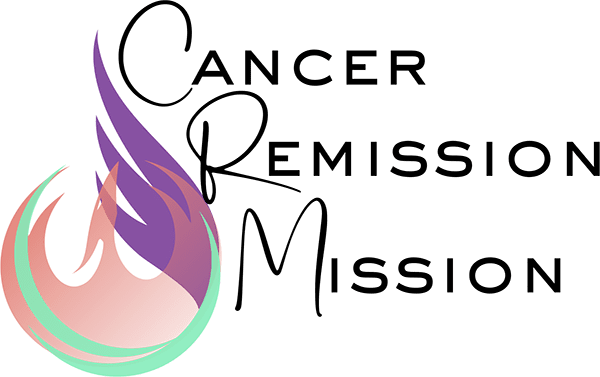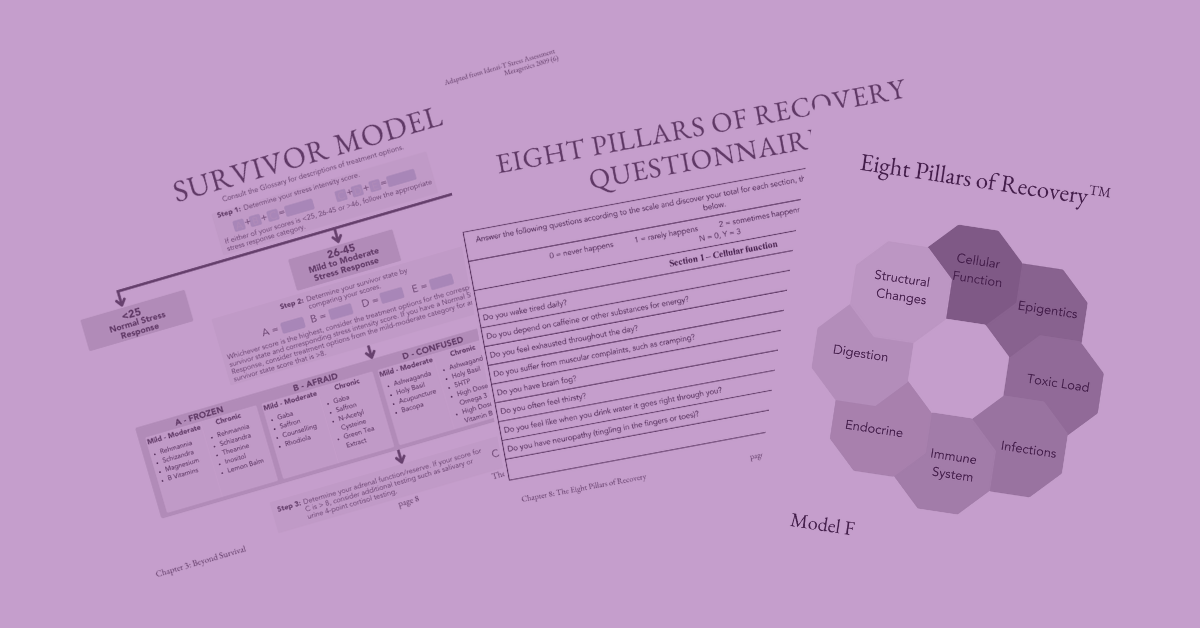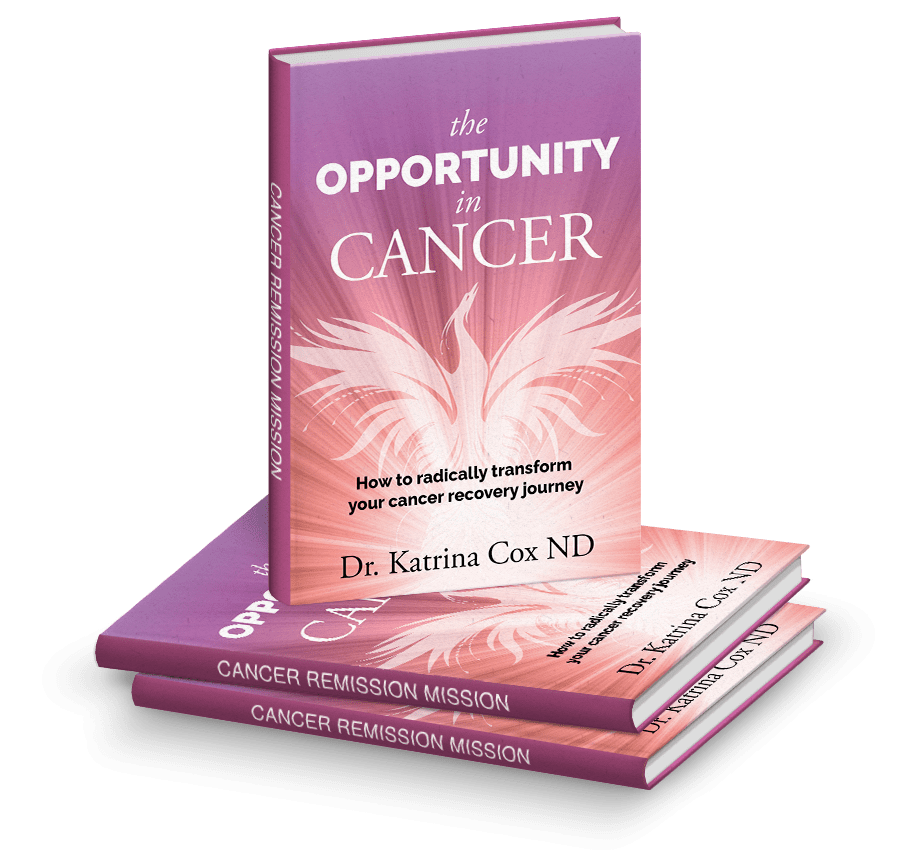 One of the reasons people struggle after cancer is that they’re frozen by fear.
One of the reasons people struggle after cancer is that they’re frozen by fear.
They lack confidence things will get better, and they aren’t given guidance or skills to conquer that fear.
They’re told to return to what they were doing before.
Let’s acknowledge that the diagnosis and treatment of cancer creates trauma.
Trauma is embedded in our nervous system and our body remembers how it feels during this trauma.
To come out of trauma and heal from it, we must recognize what’s fueling the nervous system to remember it.
Many times, the fuel is fear.
I think the best way to impact cancer-survivor outcomes, including reducing recurrence, starts with reclaiming control, so that we’re making decisions out of a place of peace, confidence, and purpose.
Finding the gifts in fear is an important step to finding that peace, confidence, and purpose.
So, how do we find the gift in fear and begin to transform it?
Changing Your Mindset – Fear is Just an Emotion
 The very first step is understanding that fear is simply an emotion; it isn’t good or bad. It just is.
The very first step is understanding that fear is simply an emotion; it isn’t good or bad. It just is.
Theory U is an interesting concept that talks about collective, conscious change on the planet.
It proposes that the root of some of the world’s largest problems, such as poverty, or addiction, can be solved by changing the way we view what’s happening.
Transforming our view helps transform us to be open, to letting go (of our old ego and self) and letting come (our highest future possibility: our self) from our source (be that God, the universe, the collective consciousness).
If we apply the Theory U to cancer recovery, we realize that a change in our view of the situation can be critical to full healing as we process the entirety of our fears.
We must sit with our fear, recognize it, feel it, and process it to come out on the other side.
The absence of fear doesn’t create an amazing life; fear has a use and a plan. It presents to us a wish or a want of something, likely health, energy, or freedom.
Fear is usually based on feeling like something valuable is slipping away from us. Without fear, we wouldn’t be motivated. It allows us to realize we place value on something.
It’s a strong, powerful emotion that when processed properly can create opportunity.
The 4 Steps to Transforming Fear After Cancer
 Start by finding a quiet and safe place to reflect. Using a journal or the worksheet
Start by finding a quiet and safe place to reflect. Using a journal or the worksheet
provided in chapter 6 of my book, begin the journey to find the gift of fear.
Awareness
Start by creating an awareness chart, map, or journal of the senses you experience
with fear. Record what you feel, see, smell and taste when you’re afraid.
Values
Discover the root of your fear. Explore where your fear comes from. Reflect on what’s
feeding the fear, realizing these are likely tied deeply to your experiences and values (i.e., what
you want most in life).
Coping strategies
Discharge your fear by creating a list of your present coping strategies (e.g.,
calling a friend, talking to a professional, going for a walk, sleeping, meditating, etc). Also list and explore any new ones you’d like to try.
Action
Fear can breed confusion, overwhelm and many negative emotions. Combat those by
coming back to the S.M.A.R.T principles (see previous posts & chapter 2 of my book) to find clarity in creating your action plan.
Becoming aware of our fears and addressing them with action helps guide our minds to what
we value and find truly important
Learning how powerful you are over your fear and realizing that you can rule your
fear with action, purpose, and determination is one way to truly transform your fear to fortitude.
Instead of letting fear be in the driver’s seat, let’s make sure it’s in the back with the luggage.
It doesn’t determine where you’re going or rule your decisions. Let’s find the gifts that fear offers so we can see its value and use it to identify inner peace.
Portions of this blog were excerpted from chapter 6 of my book, “The Opportunity In Cancer”, which has many more exercises and resources to help you combat fear on your cancer recovery journey.




